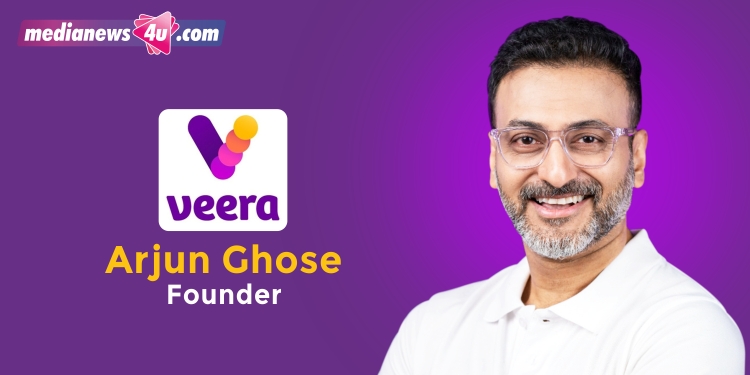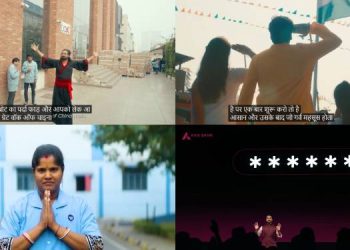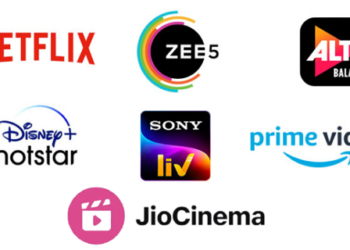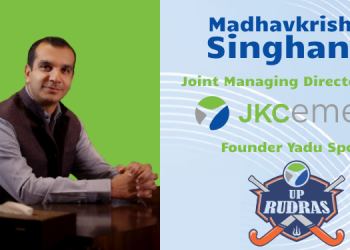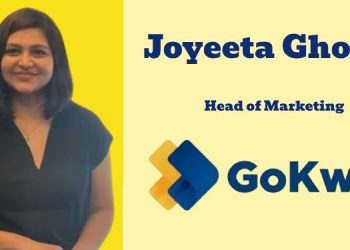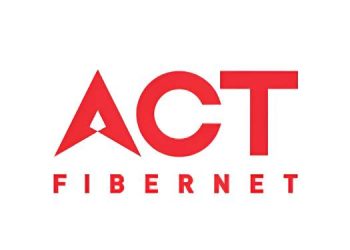Veera, a ‘Made in India’ mobile-only internet browser was launched last week. A beta version for Android is out, while others are work in progress.
The founding team of what is envisaged as a challenger browser for India includes Arjun Ghose, (previously investor with VC firm Falcon Edge / Alpha Wave and McKinsey), Rahul Pagdipati (Chairman of the Board Zebpay and Board Member at Brave browser), Aditya Julka (serial entrepreneur, Founder of Paddle8, entrepreneur-in-residence at Harvard Business School) and Kanu Gupta (founding leadership of Goldman Sachs in India, serial investor).
It is funded by a investors including Ayon Capital, COG Network, 6th Man Ventures, Folius Ventures and iSeed Ventures, as well as angels such as Aalap Mahadevia (Briarwood Capital), Kabir Narang (B-Capital), Nikhil Mohta (Carlyle, ICICI Ventures), Kevin Hu (Brevam Howard), Saneel Srini (Moralis Capital), Ashwin Ramachandran, Viram Shah (Vested), and Dr. Devaiah Pagidipati (Freedom health, Physician Partners, Anion Health).
Veera boasts speeds of 40.8 runs/minute on Speedometer. It also has an integrated live tracker, showcasing the real-time count of thwarted ads and trackers, alongside representation of data saved. While blocking trackers is a feature a few select browsers already provide globally, Veera goes further by blocking third-party trackers, ads, autoplay videos and more, by default, according to the company..
We caught up with Founder Ghose, who says the team embarked on the journey to build an internet experience that resonates with India’s uniqueness. He underlines that this is just the beginning.
When did you decide to create the product and how long did it take to build (to this stage)?
A few of us in the founding team knew each other for years, even decades. When all four of us came together in 2020-21, we realised that despite varied life experiences all of us wanted to do something together, potentially for the good of the country. At the start of 2022, we started researching if there was a market for a product like Brave in India because we genuinely felt privacy was a concern. From our deep on-ground work we felt that the product had to be more intuitive, localised and flexible to cater to Indian consumers’ tastes and needs. So we built a minimum viable product incorporating a few skeletal features towards the end of 2022, went through a fairly extensive research process, and ended up receiving great traction and feedback.
In 2023, we started working on a much more comprehensive version of the app on the basis of all the learnings. What we have launched is just the beta, there is a lot more coming to you in the coming months that we believe will delight our users.
When did you leave the Falcon Edge? What convinced you to turn from investor to start something up yourself?
This was towards the middle of 2020. I had been at Falcon Edge for over five years and I had backed some incredible companies as part of that stint, learning tonnes myself. My work had led me to nooks and corners of this nation and I came out wanting to do more for the common man with the use of technology. I’d wanted to start something of my own since I was in college (a big reason for me to come back to India rather than stay in the US). I had done my time across McKinsey, multiple funds and companies to ensure that when I did strike out on my own, I would have the best learnings borne equally from successes and failures to lean on. And Veera just seemed like the right idea, the right set of people, and the best possible time.
Why the name Veera?
We actually debated on the name for a long time. And decided on Veera because of its connotations with courage, brother (veere – in punjabi), trailblazer amongst other things. It just fit.
How is it customised for India? What are the unique features?
Veera has been built with a different focus. It’s built with a user-first approach; if users love Veera and spend time on it, the rest will follow. To start with, we’ve built it to be the easiest browser to use specifically for the Indian audience, who primarily browse the internet from their smartphones. So features don’t have complicated extensions that need to be installed for them to work. They work simply and easily as soon as you download the app. We also prioritised speed and seamless performance, constantly benchmarking against global products, with the goal of being faster than other browsers. Our tech makes this possible. Finally, we believe the browser needed to be reinvented from its current plain vanilla utility to being a true window to the internet, because that’s precisely what it is for Bharat on mobiles.
The key benefits for users on Veera are third party ad blocking, faster speeds, improved safety and security and tailored, engaging content.
What is going to be the revenue model? By when do you see a break even?
This might be easier to answer after we release all our features since it will give you a more holistic view of how we see this impacting people’s lives. The immediate features in the pipeline for the beta-plus version are actually quite exciting.
Browsers globally have multiple sources of revenue. We will unlock them in a staged manner based on what features our users love, but always keeping our user-first perspective in mind.
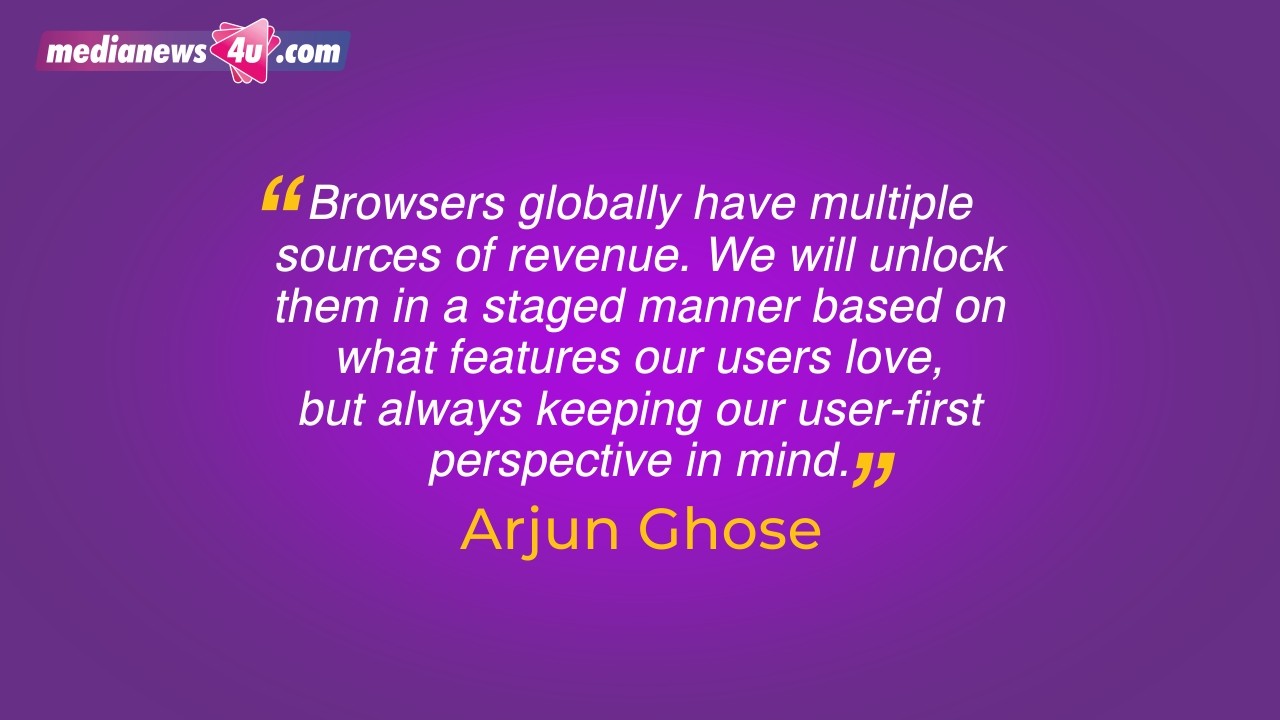
Firefox, Opera make tonnes of revenue from search engine monetisation alone. We plan to be more diversified in our revenue sources and we have a strong monetisation team.
(First published by The Free Press Journal BrandSutra. Content powered by MediaNews4u.com. Feedback: [email protected])

